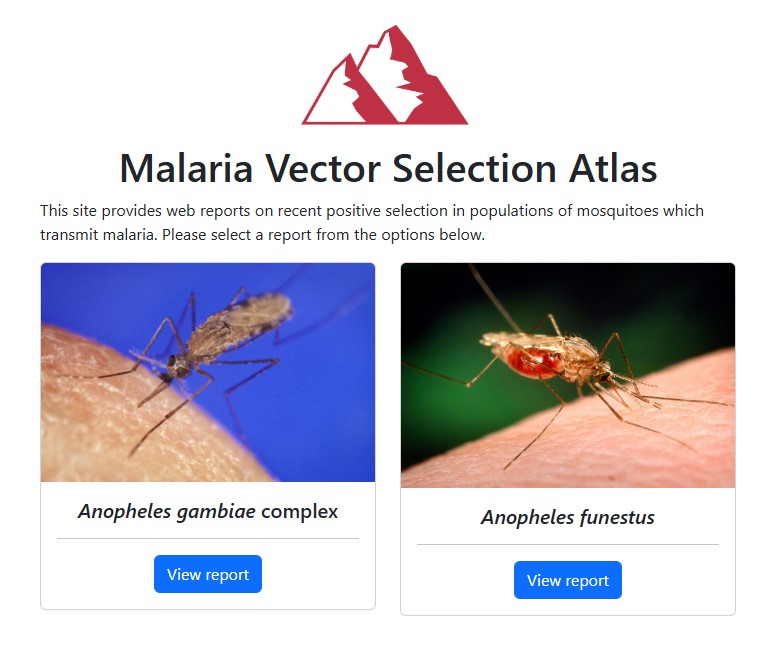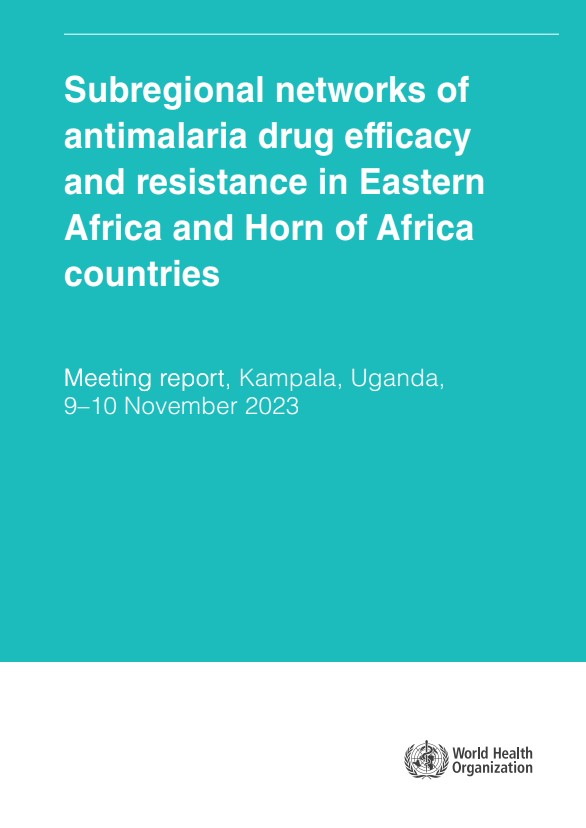Last Updated: 13/08/2025
Geo-enabled detect and respond system for antimalarial resistance in Ghana: GDRS – Ghana
Objectives
To provide a model for:
- geoenabled community-level genomic surveillance,
- better understanding of the manifestation of antimalarial resistance at a granular level, and
- timely access to critical evidence to guide national decision-making for malaria program response and adaptation.
Antimalarial drug resistance is a continuing challenge in the global effort to control and eliminate malaria. Well designed, rapid and highly granular antimalarial surveillance systems are urgently needed to protect the efficacy of remaining antimalarial treatments and inform discovery of new, effective drugs and vaccines. Molecular markers are useful tools to monitor anti-malarial drug resistance and, if used in routine surveillance, could help to detect and monitor the early emergence of resistance before it translates to treatment failures.
This project will address the need for more powerful molecular surveillance through a strategic collaboration between two geographically and scientifically complementary, Africa-based networks – the DS-I Africa INFORM Research Hub and the West African Center for Cell Biology for Infectious Pathogens (WACCBIP). Akros and the Institute for Human Virology Nigeria, both part of the INFORM Research hub, will collaborate with WACCBIP to strengthen Ghana’s malaria genomic surveillance network to include capture of community-level, geo enabled dried blood spot (DBS) samples and expand this network to include additional epidemiologic and genomic data streams across geographies in Africa. This partnership will leverage WACCBIP’s existing genomic surveillance ‘hub-and-spoke’ lab network and integrate the network with the work of the DS-I Africa INFORM Research hub. The deliberate, strategic plan to integrate WACCBIP with partners within DS-I Africa will expand geographic coverage of geospatial surveillance through pivoting the open-source ‘Reveal’ geospatial platform already in use by DS-I Africa. With the use of Reveal, the consortium will geoenable WACCBIP’s existing malaria genomic surveillance network and expand the platform to link DBS data collected at the household level to advanced next generation sequencing (NGS) labs. Through this project, stakeholders will be equipped to visualize and monitor molecular markers of antimalarial resistance captured from the DBS samples, and geospatially align these genomic data to other data streams including epidemiologic, programmatic, and socio-demographic data to inform intervention response. The linking and geoenabling of the existing surveillance network to the Reveal platform will increase granular geospatial and temporal antimalarial resistance insights to guide responsive action and drive epidemiological understanding of antimalarial resistance emergence and spread.
Sep 2023 — May 2026
$499,808


